Netflix series The Crown - This time it’s war
With the hit series about to dig deep into Charles and Diana’s marriage, how will the palace spin it? There are fears it has the potential to harm him and Camilla.
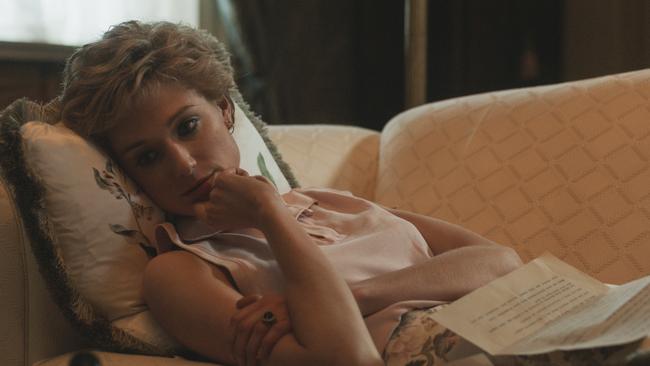
A s a rule of thumb, friends of the King don’t like The Crown. A few months ago I asked broadcaster and biographer Jonathan Dimbleby what he thought of the glossy Netflix drama series. “I don’t have patience with that kind of garbage,” he said crisply.
The way the narrative strayed from the facts put him off. “I stopped watching once I knew something about the real facts. I was immediately bored. It was so ridiculous.” Dimbleby coaxed a televised admission of adultery from the future king three decades ago and went on to become a staunch champion of Charles’s contributions to national life.
When the new season of The Crown is launched in November, only two months into Charles’s reign, that interview is expected to be a centrepiece, alongside the encounter between Diana, princess of Wales and BBC Panorama journalist Martin Bashir, whose skulduggery in setting up the interview has led to his recent disgrace.
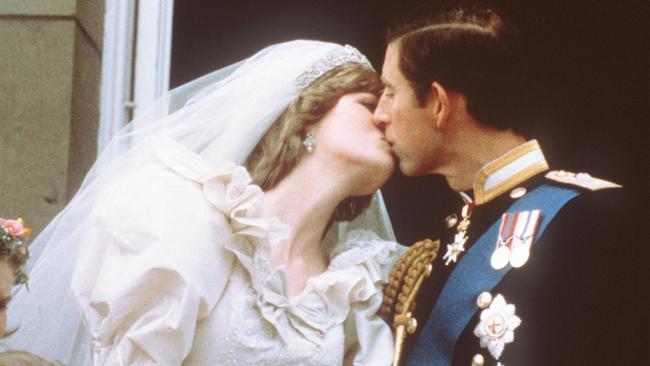
A new trailer from Netflix promises to show the collapse of the royal marriage into “all-out war”. Many younger viewers will be discovering these events for the first time, just as Charles is trying to make his first vital impression as King.
Perhaps Dimbleby will be tempted to tune in, just to see how he is portrayed. But many of those loyal to Charles will probably give it a miss. The most recent series, the fourth, released in 2020, was regarded by many as heavily biased towards Diana, and the new season is understood to be similarly favourable to her.
One report has quoted a friend of the King saying The Crown is “exploitative”, adding: “What people forget is that there are real human beings and real lives at the heart of this.”
But how much can or should the palace do to fight back?
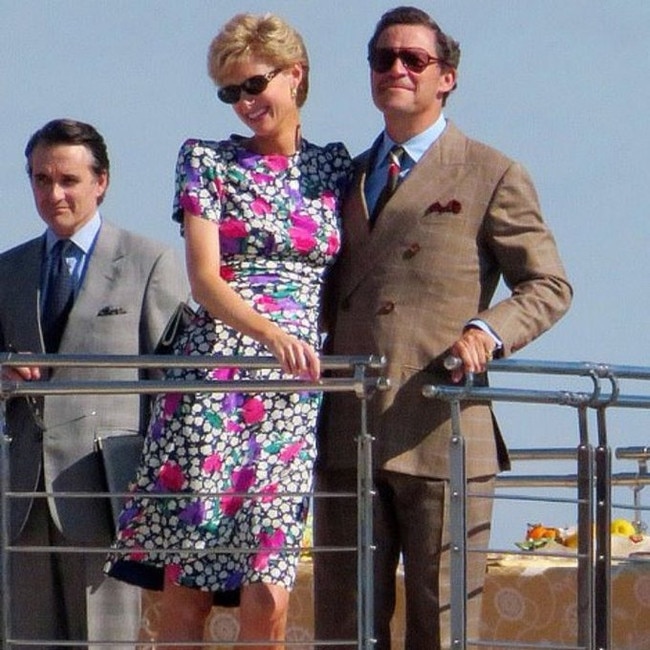
Peter Morgan, the creator of The Crown, appeared to draw heavily for the last series on what Diana had told Andrew Morton, her biographer. “Diana is the heroine,” royal expert Hugo Vickers wrote. He said the series portrayed her “in my view often unfairly” as “the victim of a heartless family”. Among the inaccuracies he singled out in The Times was that Charles left for Highgrove straight after the announcement of his engagement to Diana and that the royal family mocked her, which he described as “spiteful rubbish”. He criticised the show for taking “the Diana line” that Charles and Camilla were in touch throughout the marriage.
“Viewers will see an angry Prince Charles, sometimes yelling at his wife, aggressive and demeaning to her.
“What is largely omitted is any account of Diana’s well-documented distressing behaviour, including tantrums and insecurities. The Crown clearly presents a one-sided portrait of the marriage.”
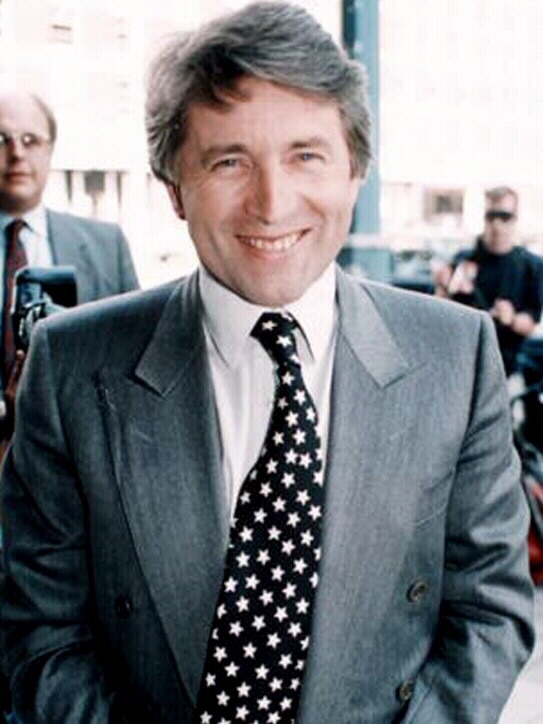
Sally Bedell Smith, another biographer of the King, says the palace cannot get into the position of “shadow-boxing” with The Crown but she says it is important for biographers and historians to counter the show’s “mischaracterisations and inventions”, although it will be an uphill battle.
“Even if people like me and others do it, we can’t match the compelling nature of what The Crown is,” she says. “It is a beautifully produced, cleverly written work that people believe. The show has become a runaway train.
“The consequences of inaccuracies are greater now that he is the monarch. It has the potential to harm him and Camilla. I hope I’m wrong.
“I have flippantly said, ‘It’s Downton Abbey with more real people.’ But that is kind of what it is. It is a work of fiction. (Netflix) would probably save themselves a lot of trouble and give helpful guidance to the viewers if they were to say this is a fiction based on some real events.”
In Buckingham Palace they will be chewing over their response as events of more than a quarter of a century ago get their close-up. What sort of strategy should advisers to the King be formulating in readiness for the end of his first marriage being lavishly and unsparingly Netflixed?
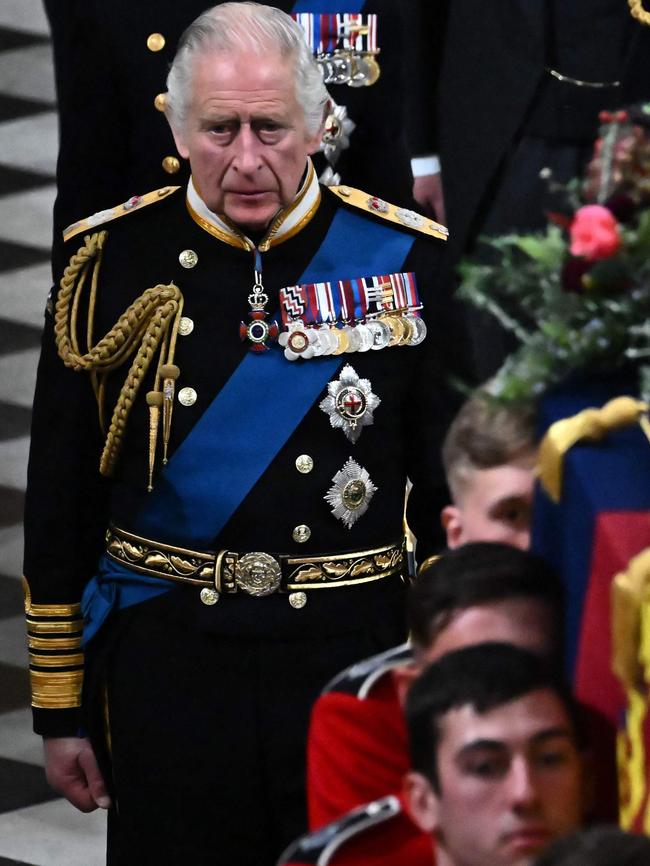
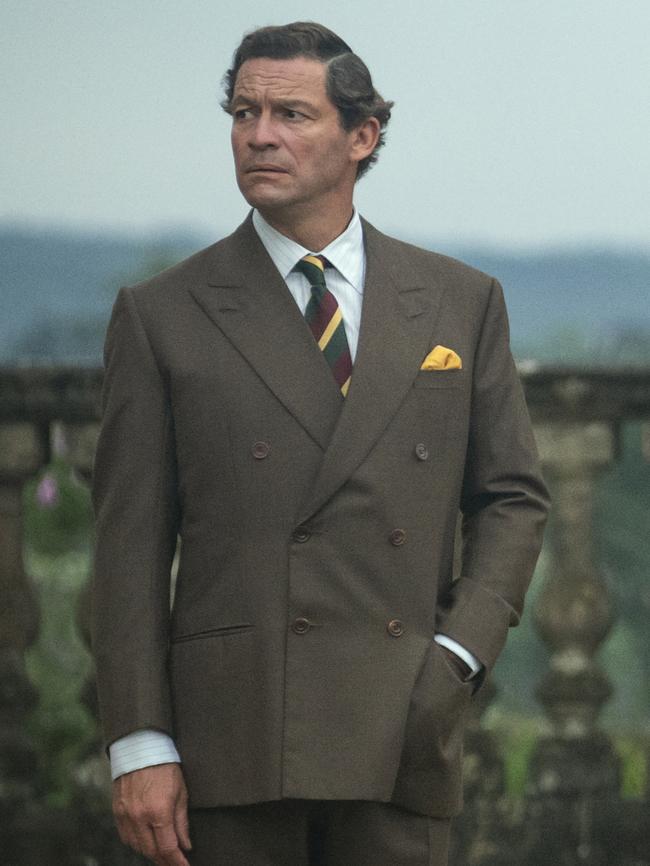
“It depends whether you take a short or long-term view,” says a communications expert who advises companies and individuals globally in how to navigate potentially reputation-scorching events. “If you take a short-term view, it’s a huge problem that will force you to ask your proxies to give interviews, briefings, appear on TV, to criticise the show and the motivations of the director. If you take a long-term view, then you just let it pass.
“Four seasons of The Crown had no impact on how the nation has grieved the loss of the Queen; had no impact on how they’ve welcomed the new King. The British people are savvy enough to distinguish between the show on Netflix and the reality of a human being.
“My advice would be to take the long-term view. It’s an irritation in the short term but it’s not a problem long term. The image of King Charles walking behind his mother’s coffin counts for far more in terms of his reputation than a series of The Crown.”
He suggests there could be a backlash against Netflix if Charles is seen to be treated unfairly. “The directors need to be a little careful, because there’s a fine line between entertainment and a viewer thinking, ‘This is exploitative and unfair.’ So, actually, the bigger questions are probably (more) for Netflix than for the palace. I would politely ignore it.”
Public relations agent and reputation manager Mark Borkowski says Buckingham Palace would be unwise to try to pretend The Crown does not exist. “It’s too risky to ignore.”
He suggests high-level distraction techniques.
“Look at the engagements that you’re doing at that time and see whether or not there is some positivity you can create with those events that can be greater than the program itself. Create a better narrative.
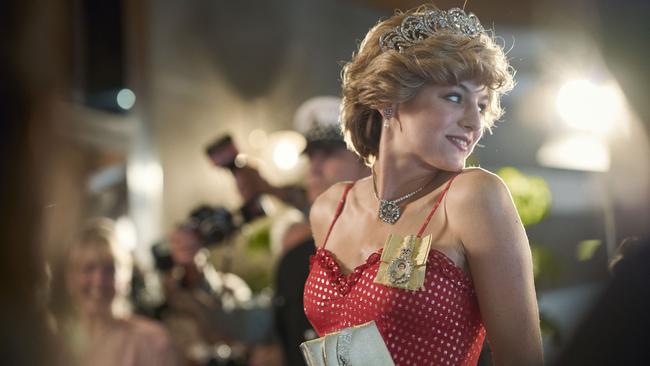
“There’s been a huge outpouring of loyalty to the monarchy. So the timing is quite interesting because it will be a bit of a bellwether of whether there is an ongoing love for and support of the King as he brings out his new brand. I think they’re slightly perturbed at this coming out when the psyche of the nation has yet to be tested.”
Alder reputation management specialist Steve Double says Charles should absolutely not acknowledge The Crown publicly in any way. “Now he’s King he has to rise above it. Any public response will be counter-productive.
“The Charles and Diana business has been as tribal as Harry and Meghan versus the Firm is today. So no matter what you say, some people are going to believe one side or the other. The ground you’re fighting for is pretty minimal really.”
The Times
